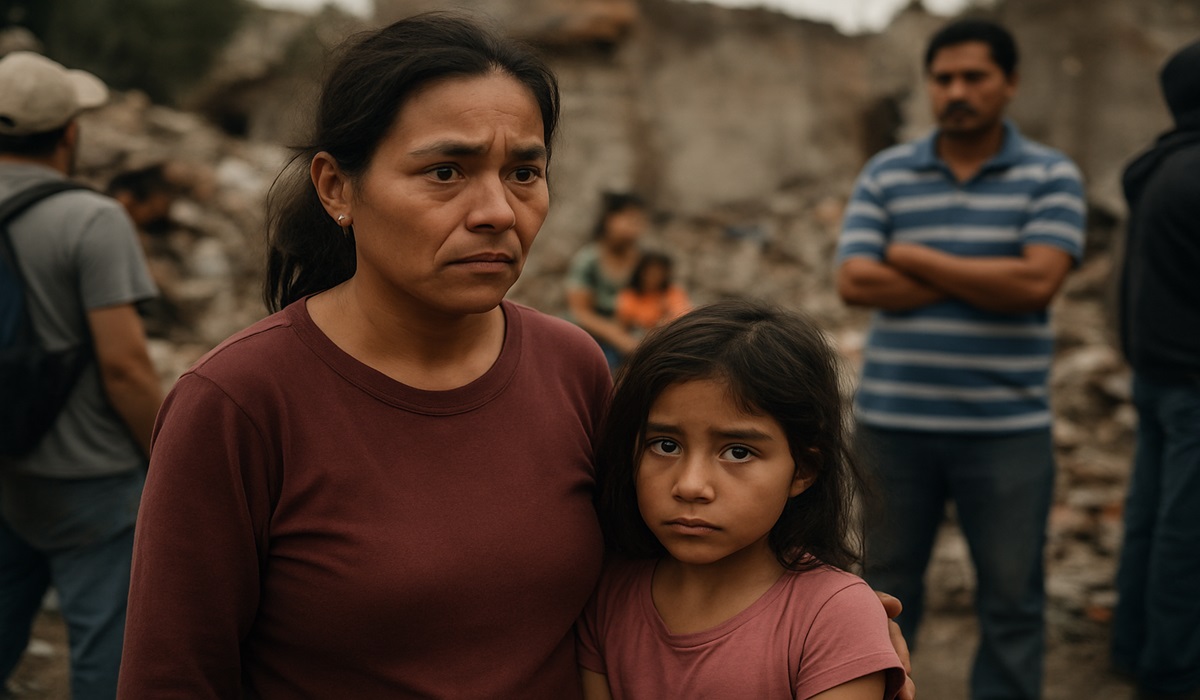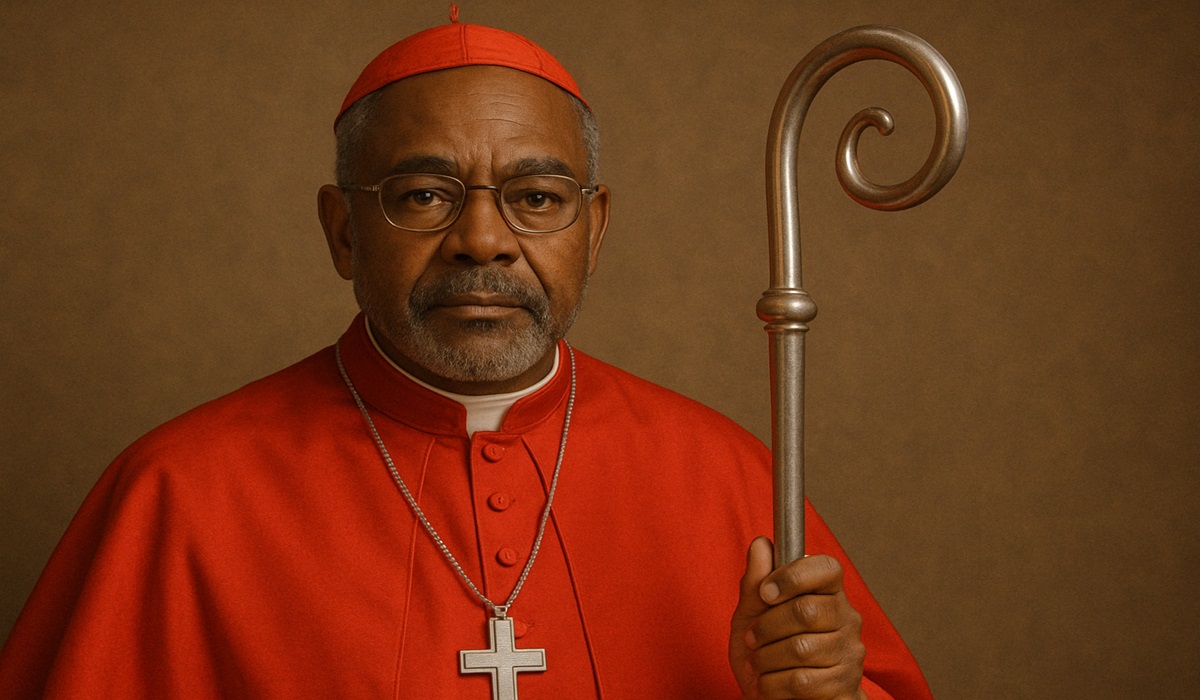Death Toll Continues To Rise From Suicide Bombing In Pakistan
- Naomi Dela Cruz
- Asia
- D.O.C Supplements - Trending News
- South Asia
- January 31, 2023

Peshawar, Pakistan, At least 59 people were killed, and more than 150 were injured in a devastating suicide bombing that took place at a mosque inside a police compound in Pakistan on Monday. The tragedy occurred as up to 400 worshipers were gathering for morning prayers at the mosque. The attack has sparked outrage and grief across the country and beyond, as families and friends mourn the loss of their loved ones.
The local Taliban group known as Tehreek-e-Taliban Pakistan has denied responsibility for the attack; however, the group has been involved in similar acts of violence in the past. Despite the group’s denial, the bombing has been widely condemned by government officials, civil society groups, and religious leaders who have called for increased efforts to counter terrorism and extremism in the country.
“While the pain of the grieving families cannot be described in words, I express my heartfelt condolences & most sincere sympathies. My message to the perpetrators of today’s despicable incident is that you can’t underestimate the resolve of our people.” Said, Shehbaz Sharif, Prime Minister of Islamic Republic of Pakistan
The attack on the mosque is just the latest in a series of violent incidents to hit Pakistan in recent months. The country has been grappling with a rising wave of terrorism, with extremist groups targeting civilians, security forces, and religious minorities. In response to the ongoing threat, the government has launched a series of counter-terrorism operations aimed at eliminating the threat from these groups.
The bombing of the mosque has once again raised questions about the effectiveness of these counter-terrorism efforts, as well as the broader issue of extremism in Pakistan. While the government has made significant progress in recent years in terms of securing the country, much more needs to be done to ensure the safety of its citizens.
One of the major challenges facing the government is the need to address the root causes of extremism and terrorism in the country. This requires a comprehensive approach that addresses both the immediate factors that contribute to violence, as well as the underlying social, economic, and political issues that can drive individuals towards extremism.
In addition to addressing the root causes of extremism, the government must also take steps to improve its security infrastructure. This includes increasing the number of police and security personnel, improving their training and equipment, and enhancing their ability to gather and analyze intelligence.
Moreover, the government must also work to engage and empower communities at the local level. This can include supporting civil society organizations that work to promote peace and stability, as well as encouraging the development of local leaders who can serve as role models for others. The bombing of the mosque in Pakistan is a tragic reminder of the ongoing threat posed by terrorism and extremism in the country.








